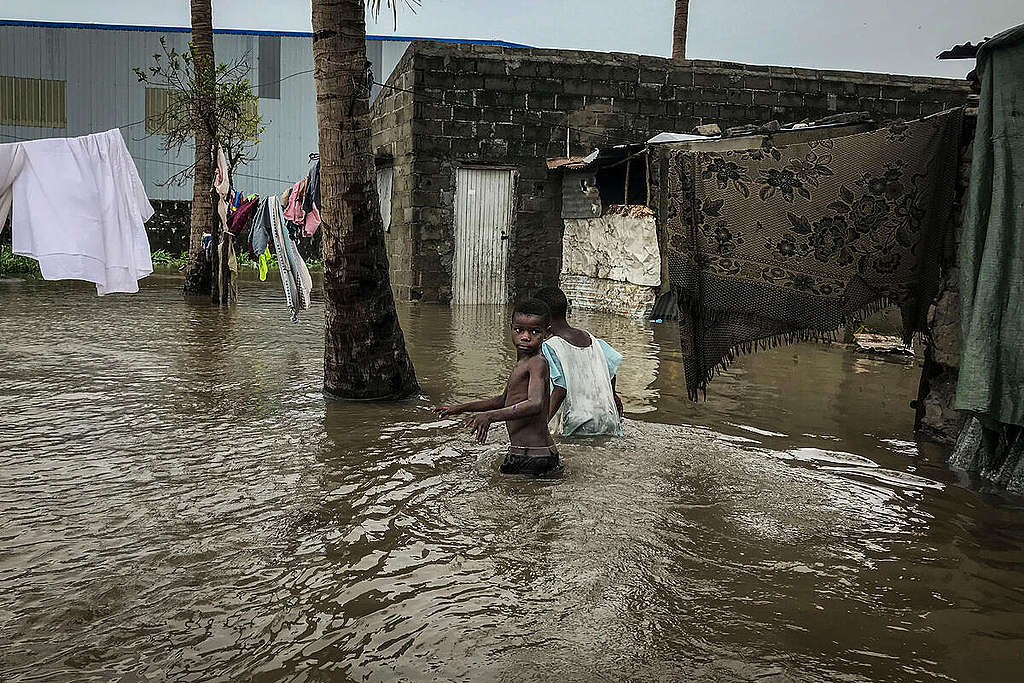
Eloise is the third major cyclone to hit Southern Africa since 2019, causing displacement, destruction of homes, schools, crops and vital infrastructure in Mozambique, as well as Madagascar, Zimbabwe, Botswana and South Africa. In addition to the immediate devastation and destruction that tropical cyclones impart, the aftermath public health challenges include the risk of acquiring waterborne diseases.
Cholera is a disease caused by infection of the intestine with the bacterium Vibrio cholerae. Severe disease is characterized by profuse watery diarrhoea and vomiting which can lead to rapid loss of body fluids, dehydration and shock. Without the correct treatment of an antibiotic regimen and adequate hydration, renal failure and death can occur within hours of onset.
Cholera is endemic to certain regions of Mozambique, but natural disasters such as tropical cyclones both trigger and contribute to transmission, resulting in outbreaks or upsurgence of cases. Cholera spreads via the faecal–oral route, through ingestion of faecally- or effluent-contaminated water and/or food containing the cholera bacteria. The strong winds associated with cyclones are capable of damaging, and, in many cases, destroying sanitation infrastructure and as such, critically increases the population’s risk of acquiring cholera. Furthermore, there are several risk factors which lead to the spread of cholera– shortage of clean water, damaged sanitation infrastructure, and displaced people with limited access to personal hygiene facilities.
Prevention of cholera involves access to safe water supply and adequate sanitation and hygiene (WASH). Furthermore, the use of oral cholera vaccines (OCVs), two of which are available, for the control of cholera outbreaks are recommended by WHO.
Could the current COVID-19 pandemic exacerbate a cholera outbreak?
Following Cyclone Idai in 2019, Medicins San Frontiers reported that patients most severely affected by cholera were those with HIV. Furthermore, cases of malaria and typhoid were reported. Although there are currently no studies on the impact of co-infection with SARS-CoV-2 (causative agent of COVID-19) and Vibrio cholerae, a possible cholera outbreak could worsen an already bad situation.
The severity of Cyclone Eloise may not be equated to that of Cyclone Idai or Cyclone Kenneth in 2019, yet the economic impact on already COVID-19-strained low-income countries is devastating. Like every other country currently striving to prevent their healthcare systems from collapse, Mozambique cannot afford to be further burdened with yet another healthcare disaster.

Dr. Krupa Naran is an expert in medical microbiology and immunotherapy. Her research is affiliated with the Institute of Infectious Diseases and Molecular Medicine at the University of Cape Town.
References
- Mitigating Cholera in the Aftermath of Cyclone Idai. Wilbur H. Chen and Andrew S. Azman. The American Journal of Tropical Medicine and Hygiene. 2019
- Outbreak of Cholera Due to Cyclone Kenneth in Northern Mozambique, 2019. Edgar Cambaza, Edson Mongo, Elda Anapakala, Robina Nhambire, Jacinto Singo and Edsone Machava. Internation Journal of Environmental Research and Public Health. 2019
- Diagnosis, Clinical Management, Prevention, and Control of Cholera; A Review Study. Batool Sharifi-Moo and Maliheh Metanat. International Journal of Infection. 2014
- https://www.doctorswithoutborders.org/what-we-do/news-stories/story/emergency-recovery-mozambique-one-month-after-cyclone-idai
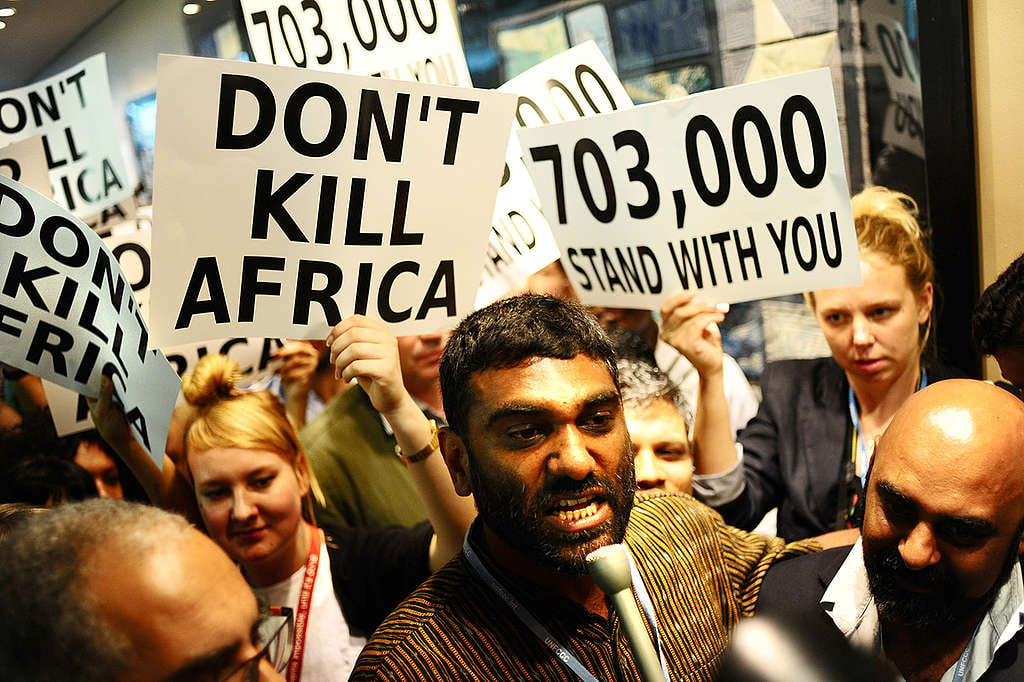

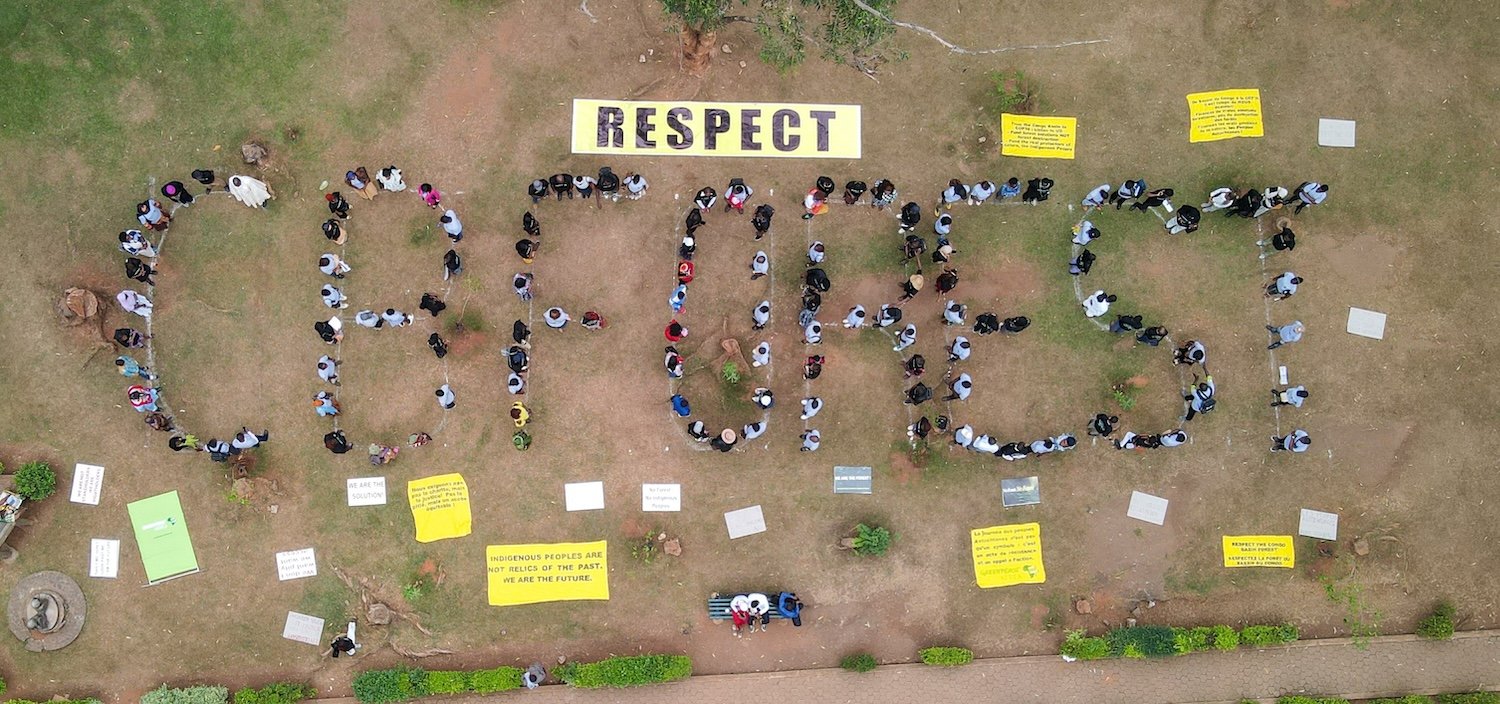
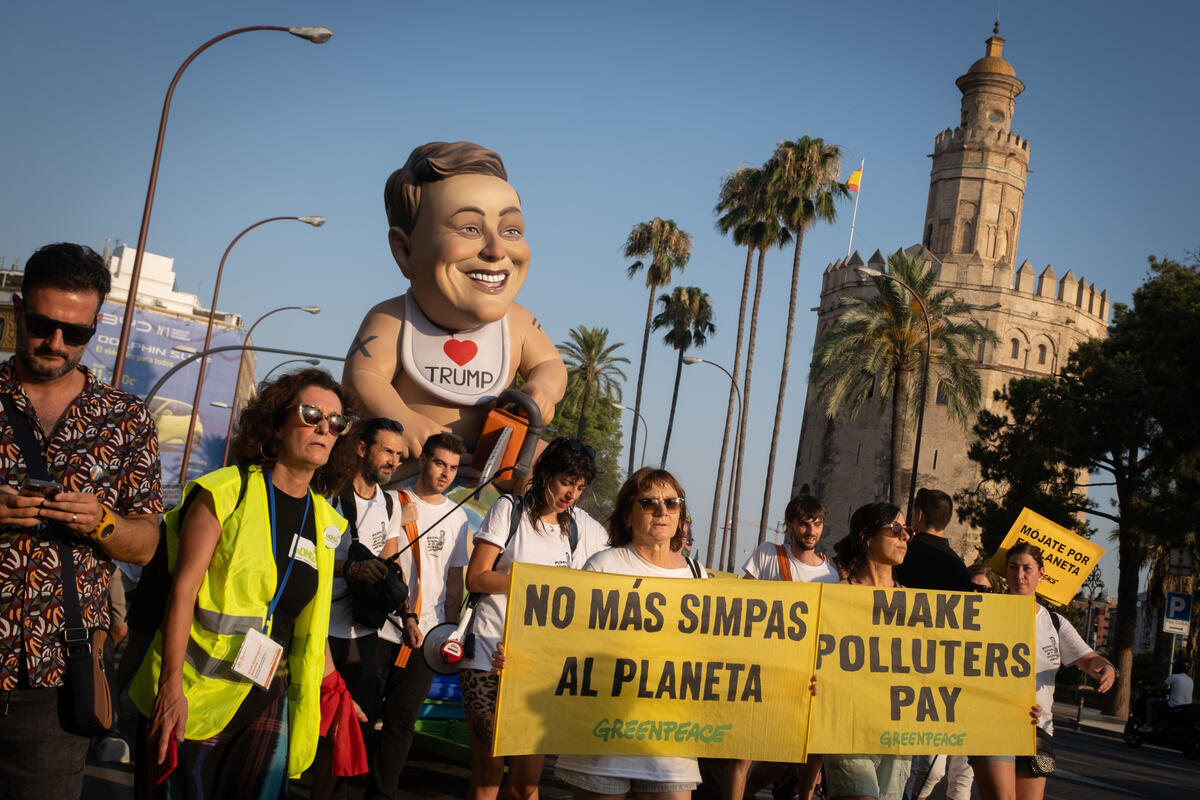
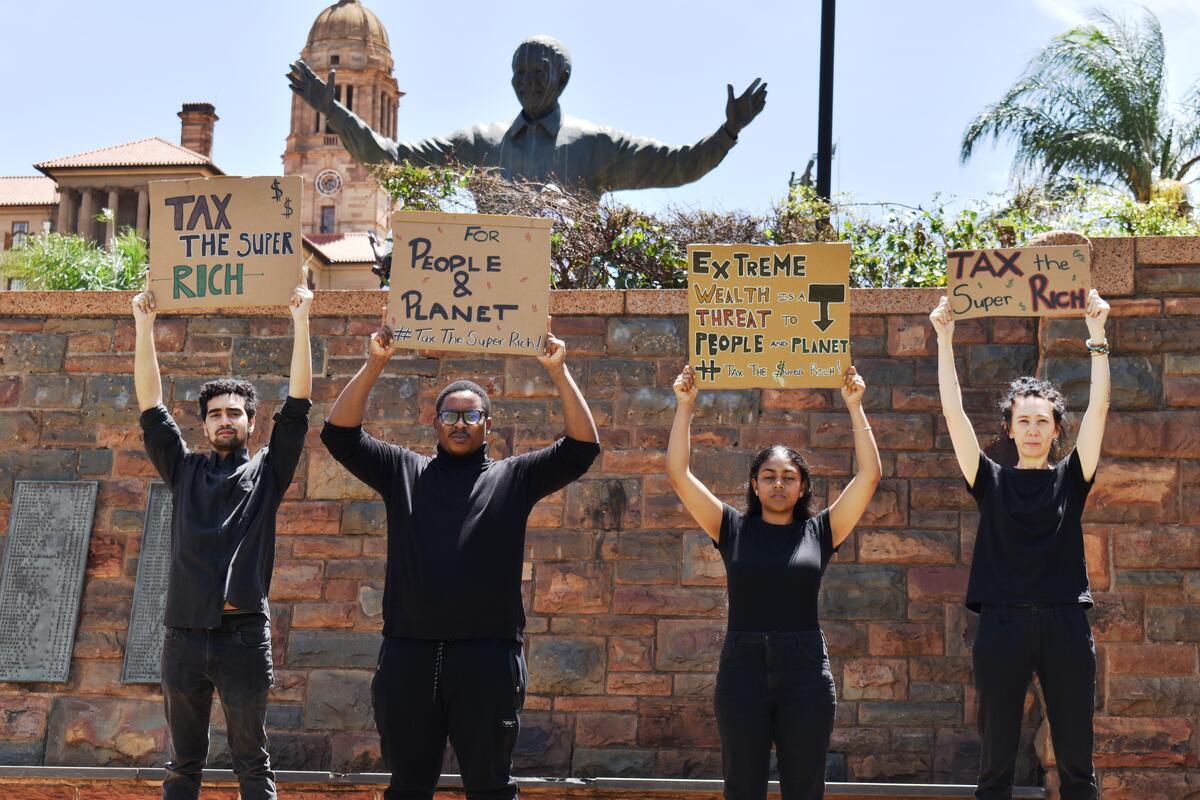
Discussion
I agree with the author that climate change has to be addressed on emergency basis by global society to avoid such endemics.
Thank you for your comment, we totally agree.